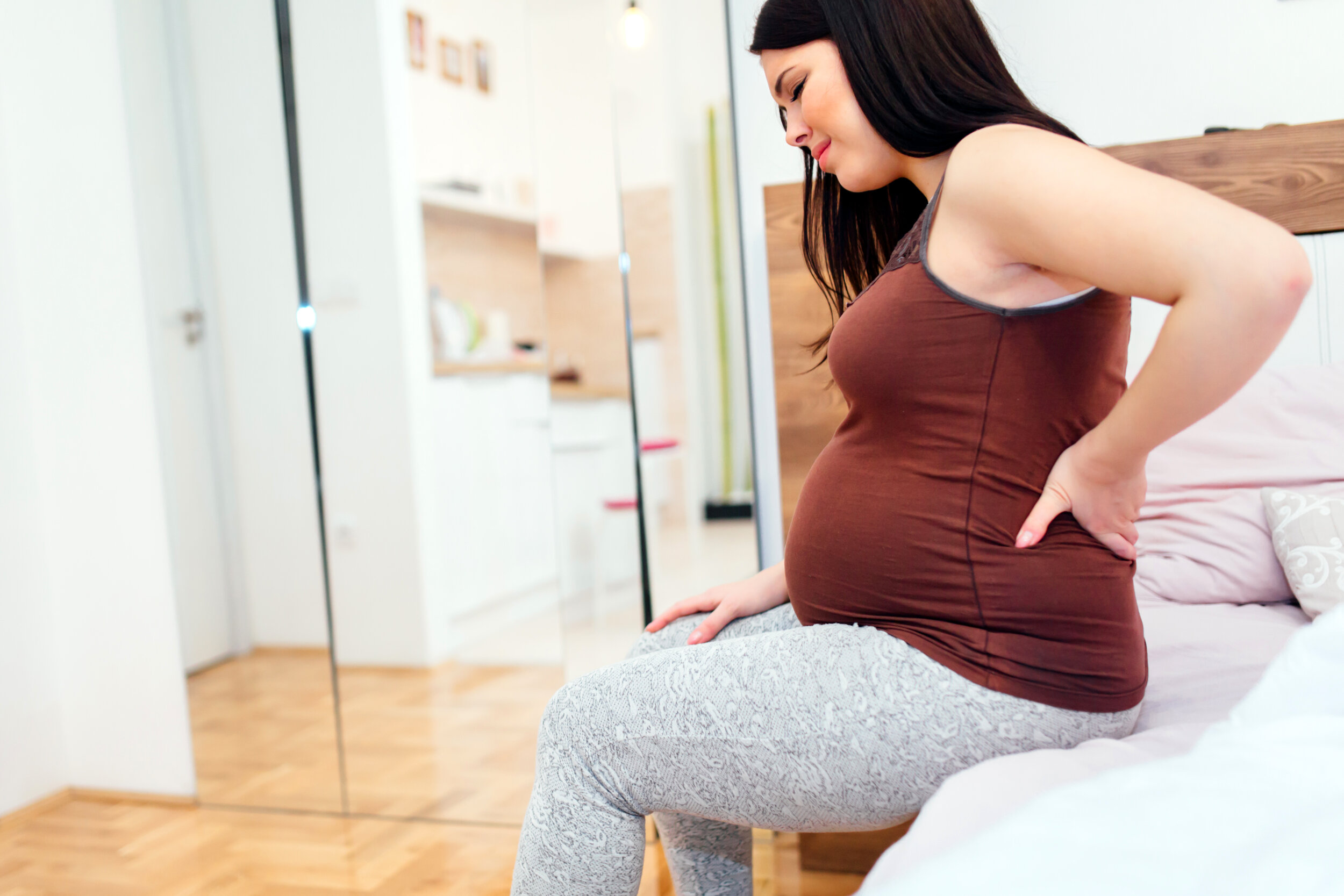Prenatal Massage & Yoga: Safe And Natural Relief For Pregnancy Discomfort
There’s no doubt that pregnancy is one of the most joyous times in a woman’s life. But it can also be a time of discomfort, from emotional anxiety and digestive issues to general aches and pains. You’re creating a new life, and even if you’ve been pregnant before, every pregnancy is a bit different. Looking after your mental and physical health is essential for your baby-on-the-way.
While we can all agree that reducing stress and avoiding harmful pharmaceuticals is crucial for a healthy pregnancy, there are safe and natural ways to reduce stress and relieve physical discomforts that won’t put you or your baby at risk. Prenatal massage and yoga are amazing tools for relieving pregnancy discomforts and stress. In fact, they both offer techniques that can make labor and childbirth easier too, and what expectant mom wouldn’t want that?
The Benefits of Prenatal Yoga
Yoga teaches you how to link your breath with your movements. It’s all about strengthening the connection between the body and the mind. No matter what stage of life you’re in, yoga is an amazing tool for relieving stress, improving mental focus, and fighting fatigue. Prenatal yoga can also provide relief for many common discomforts during pregnancy, including pain in the lower back and pelvis.
There’s no doubt that regular prenatal yoga practice during pregnancy offers many physical benefits, but it also teaches mindfulness and breathing techniques that can be beneficial during labor and childbirth, too. Over time, prenatal yoga will increase your endurance and strength while boosting your energy levels, which is something any expecting mom can appreciate.
And the benefits don’t end there! The stretches and poses taught during prenatal yoga reduce many of the aches, pains, and digestive problems that accompany a rapidly growing belly. The gentle routines and stretches of prenatal yoga are amazing for increasing flexibility in the hips and strengthening the pelvic floor, which will be crucial during childbirth.
Many women also experience a roller coaster of emotions during pregnancy, especially as labor approaches. Prenatal yoga instructors will instruct you in techniques to create a sense of calmness and steady your emotions, which is important for your health and your baby’s development.
Learning how to center yourself and be more grounded can also help you manage the anxieties that come with impending motherhood. And, you’ll also meet other pregnant moms in your prenatal yoga class, which provides a crucial support system you may not already have.
The Added Benefits of Prenatal Massage
Most of us have enjoyed the benefits of a therapeutic massage for relieving stress and reducing aches and pains. It’s a wonderful way to relieve anxiety and depression because it actually slows the release of stress hormones while encouraging the release of feel-good hormones at the same time.
During pregnancy, a prenatal massage is a wonderful tool for relieving nerve, joint, and muscle pain. It’s amazing for relieving the sciatica pain that many women experience in the third trimester. Prenatal massage is also very useful for relieving the swelling, inflammation, and fluid retention that is so common in late pregnancy.
For many expectant moms, prenatal massage reduces insomnia and helps them sleep more deeply. It’s also useful for strengthening the immune system, which is a huge plus anytime, but it’s even more important when you’re creating a new life.
If you’re pregnant, you’re all too familiar with the strain the additional weight of a growing baby puts on your body. Pregnancy massage is amazing for soothing those overworked muscles, tendons, and ligaments in your back, shoulders, abdomen, and pelvis.
And if that’s not enough to convince you to give it a try, receiving regular prenatal massage improves delivery times by up to 25%, reduces requests for pain medications by 30%, and reduces the risk of C-section by half. It also cuts down on preterm labor and early delivery.
And, just like prenatal yoga, the benefits of massage can continue even after delivery. Postnatal massage speeds recovery times and helps return the pelvic floor and digestive system back to normal. It’s also very effective for managing the emotional ups and downs many women go through post-pregnancy.
Incorporating Both Practices into Your Pregnancy Self-Care Routine
Be sure to choose a certified prenatal massage therapist and a prenatal yoga instructor that you are comfortable talking to and working with. It’s natural to feel more emotional and vulnerable when you’re pregnant, so be sure to find professionals you can connect to.
You should also ensure that the practitioners you choose have the proper experience and specialized training required to work with pregnant women throughout each trimester. Adjustments will need to be made during each session to ensure your safety and comfort.
For example, a prenatal yoga instructor will provide instruction for adjusting each pose to ensure that you don’t overstretch your joints, muscles, and ligaments. And, a prenatal massage therapist will utilize pillows, cushions, and various positions to keep you comfortable during every session. They will also be educated about potentially dangerous pressure points that could initiate premature contractions during early and late pregnancy.
Incorporating both of these practices into your pregnancy self-care routine is good for you and your growing baby. They will increase your confidence and help you feel more in control and empowered as you progress through pregnancy, labor, and childbirth. With regular sessions, pregnancy discomforts will be reduced more and more, and your stress levels will be reduced. For many women, incorporating both practices regularly throughout their entire pregnancy provides cumulative results that make the benefits even greater.
Conclusion
Every expectant mom wants to be as healthy and comfortable as possible during her pregnancy. No matter what trimester of pregnancy you’re in, prenatal massage and yoga can reduce common pregnancy discomforts and reduce stress. In fact, the benefits can even continue after your baby is born!









